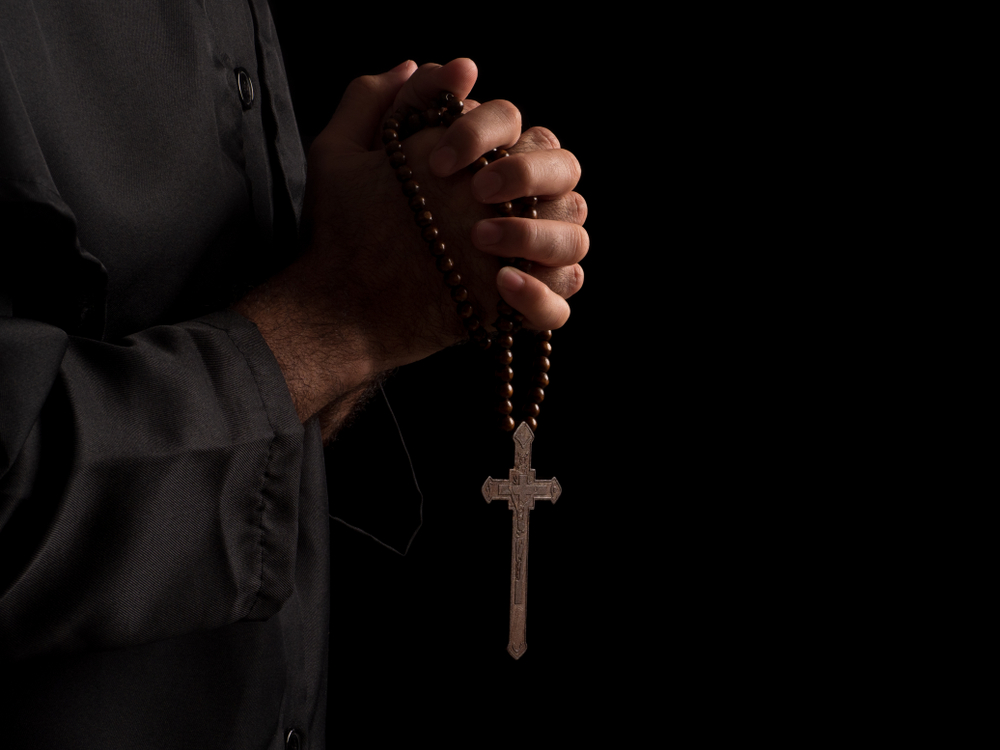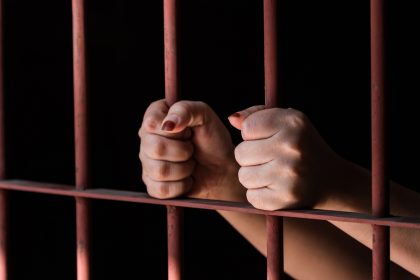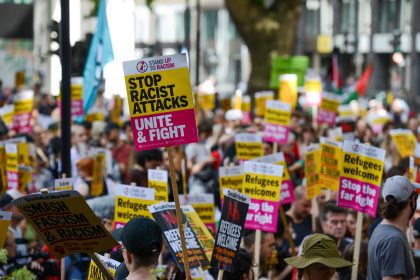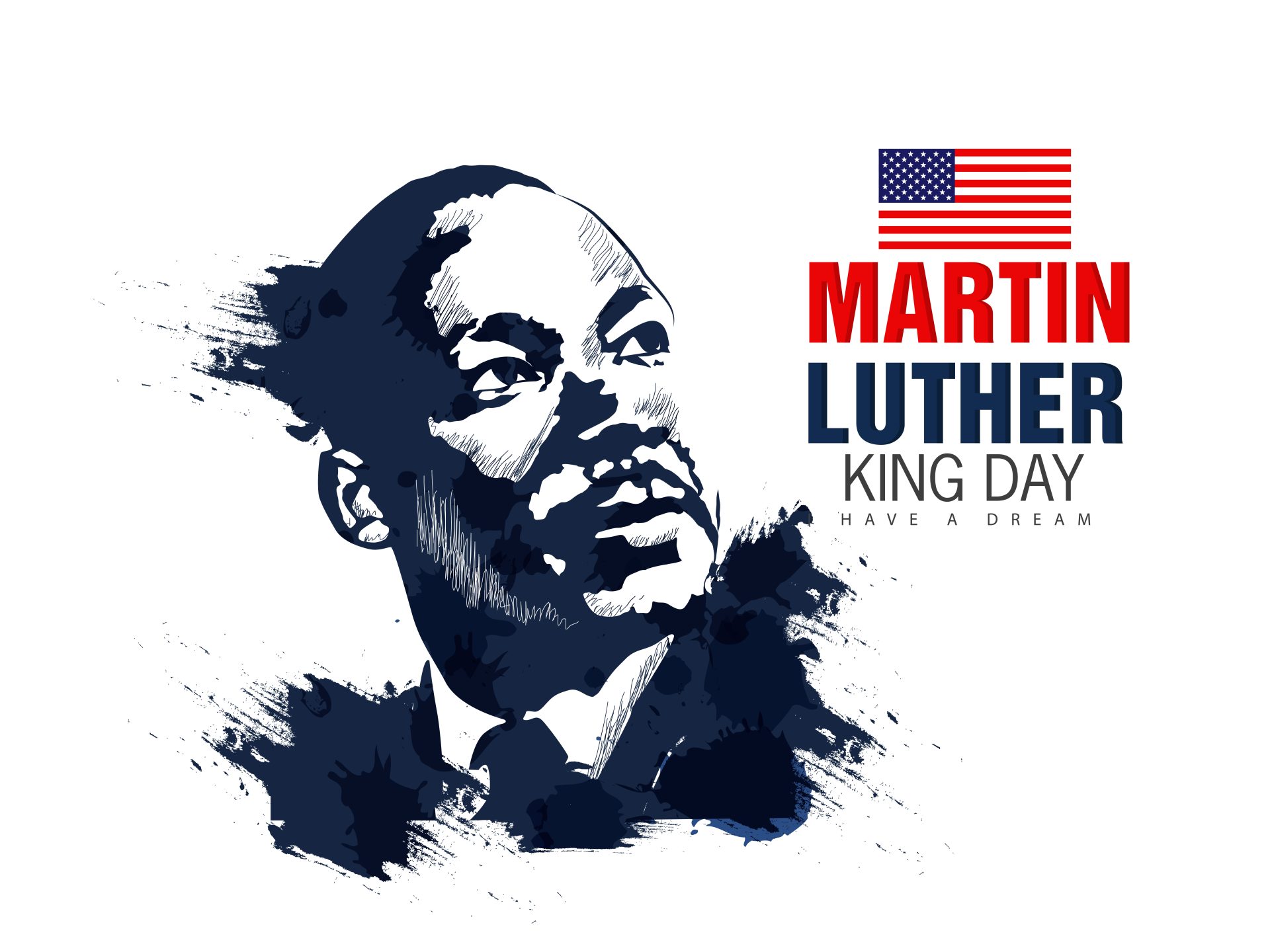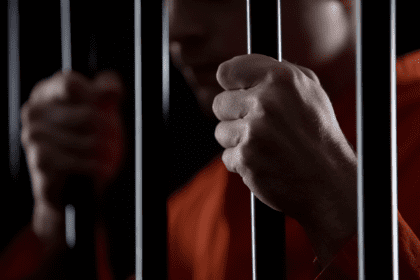In a significant legal victory, a group of Alabama judges has ruled in favor of Pastor Jennings, a Black pastor who was wrongfully arrested while watering his neighbor’s plants. This case highlights the ongoing issues surrounding police conduct and qualified immunity, a legal doctrine that often shields law enforcement from accountability.
The incident: A case of mistaken identity
The incident occurred in May 2022 when a white resident in Jennings’ neighborhood reported him to the police for suspicious activity. Jennings was simply caring for his neighbor’s plants while they were away on vacation. Upon arrival, officers handcuffed Jennings after he refused to provide identification, despite repeatedly stating his identity as “Pastor Jennings” and indicating that he lived nearby.
According to Alabama law, police officers can request a person’s name and address if they have reasonable suspicion of criminal activity. However, they cannot demand physical identification unless there is clear evidence of wrongdoing. This crucial distinction played a significant role in the recent court ruling.
A legal battle for justice
Initially, Jennings sought to sue the police officers involved in his arrest. However, Chief District Judge R. David Proctor dismissed the lawsuit in December 2023, citing qualified immunity as the basis for his ruling. Qualified immunity protects government officials from lawsuits unless it can be shown that they violated a clearly established statutory or constitutional right.
In a turn of events, on Sept. 27, three judges from the 11th U.S. Court of Appeals reversed the original ruling. They determined that the officers involved in Jennings’ arrest would not be protected by qualified immunity, allowing Jennings to proceed with his lawsuit against them. This decision marks a pivotal moment in the fight for accountability in law enforcement.
The implications of the ruling
The ruling has broader implications for the legal landscape surrounding police conduct, particularly in cases involving racial profiling and wrongful arrests. As lead attorney Harry Daniels stated, wearing a badge does not give someone the right to break the law. This sentiment resonates deeply within communities that have long faced systemic injustices.
Community support and reactions
The case has garnered significant attention and support from the community and civil rights advocates. Many view Jennings’ situation as emblematic of the challenges faced by Black individuals in similar circumstances. The incident has sparked conversations about the need for police reform and the importance of holding law enforcement accountable for their actions.
A step toward justice
Pastor Jennings’ fight for justice is far from over, but the recent ruling represents a crucial step in the right direction. It underscores the importance of accountability in law enforcement and the need for systemic change. As communities continue to advocate for justice and equality, cases like Jennings’ serve as powerful reminders of the ongoing struggle against racial profiling and wrongful arrests.
As this case unfolds, it will be essential to monitor its progress and the potential implications for similar cases across the country. The outcome could set a precedent that influences how law enforcement interacts with communities, particularly marginalized groups. The journey toward justice is long, but with each victory, the hope for a fairer and more equitable society grows stronger.

